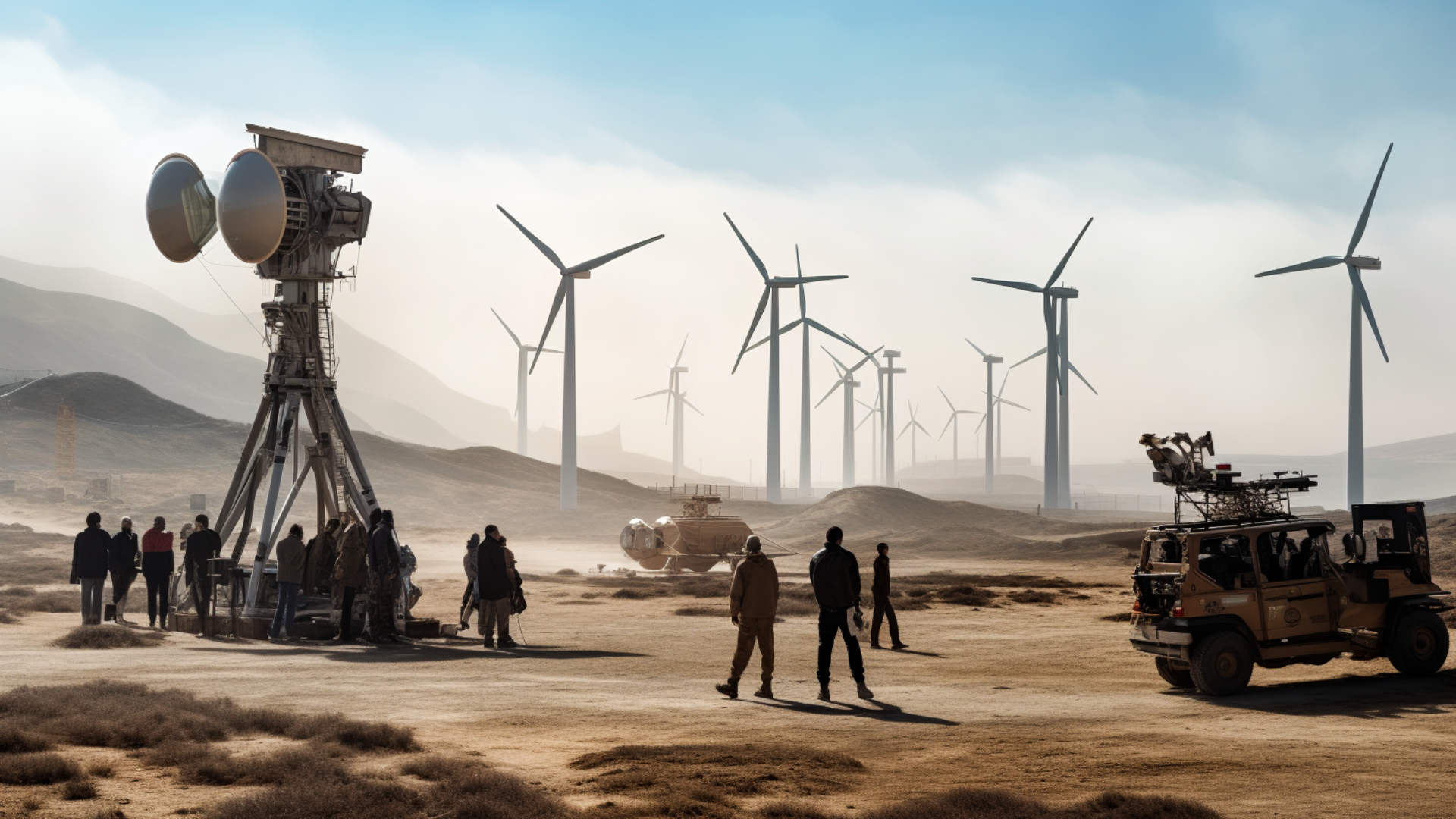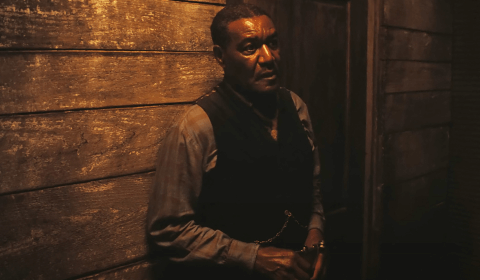Atlanta based movie studio, Electric Owl, is aiming to lower Hollywood’s hefty carbon footprint by offering green amenities to production companies.
Watching movies and television is far and away the biggest pastime within the United States, with adults consuming an estimated 17% more of this content than 25 years ago.
Our ceaseless demand for watchable entertainment has come at a severe environmental cost, however, with data suggesting each big-budget film generates around 3,000 tons of CO2.
As this average worsens year on year, the industry will inevitably be forced to reckon with its harmful practices in the near future. Thankfully, several alternative studios are already popping up with a distinct focus on sustainability.
In recent years, extortionate prices for filming spaces in LA and New York have driven movie and TV productions to Georgia – which, conveniently, is also home to a burgeoning studio offering the chance to meet green quotas.
Electric Owl Studios, opening next month, is the first purpose-built studio campus on the planet with a gold rating in LEED (Leadership in Energy and Environmental Design). Its grounds sprawl 312,000 square feet across six sound-stages and mill spaces set for construction.
Its eco-friendly amenities include solar panels, high efficiency HVAC (heating, ventilation, and air conditioning systems), 48 charging stations for electric vehicles, solar-powered golf carts for on-site accessibility, and systematic operations for recycling and food composting.




















